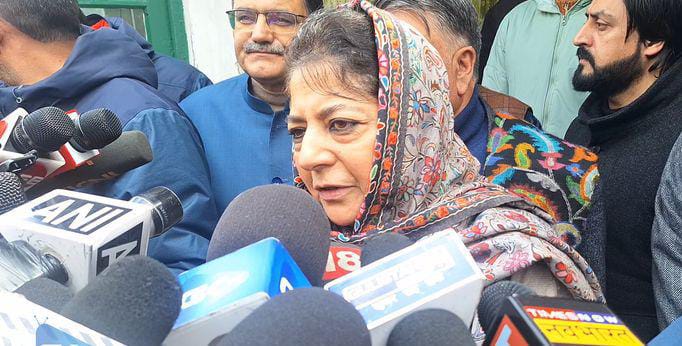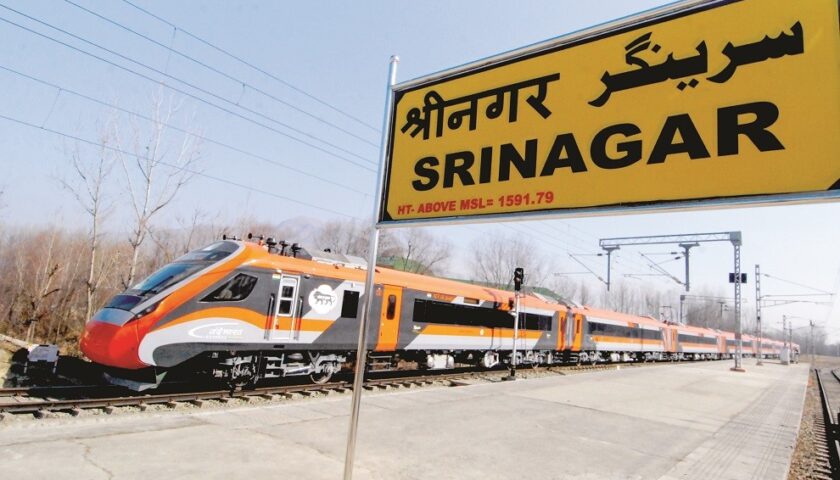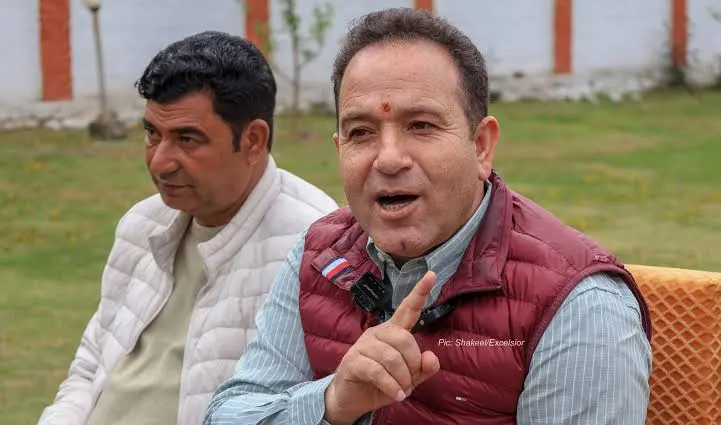Healing Touch vs. Muscular Policy: Mehbooba Mufti Criticizes Ban on J&K-Based Parties
New Delhi/Srinagar, March 13, 2025 – The political landscape of Jammu and Kashmir has been stirred by the Ministry of Home Affairs’ (MHA) recent decision to ban two regional parties, the Awami Action Committee (AAC) and the Jammu and Kashmir Ittehadul Muslimeen (JKIM). The move has drawn sharp criticism from Peoples Democratic Party (PDP) chief Mehbooba Mufti, who has called for a more compassionate approach to governance in the region.
A Controversial Ban
The MHA’s declaration of the AAC, led by Hurriyat Conference chairman Mirwaiz Umar Farooq, and the JKIM, headed by Masroor Abbas Ansari, as “unlawful associations” has sparked widespread debate. The five-year ban has been met with resistance from opposition leaders, who argue that such actions could exacerbate tensions in the already fragile region.
During the ongoing Jammu and Kashmir Assembly session, PDP MLA Waheed Para attempted to raise the issue, urging the government to reconsider the ban. However, Assembly Speaker Abdul Rahim Rather dismissed the plea, citing procedural constraints.
Mehbooba Mufti’s Critique
Addressing the media in Srinagar, Mehbooba Mufti described the ban as counterproductive, emphasizing the need for a “healing touch” rather than a “muscular policy” in Kashmir. She highlighted the inconsistency in the government’s approach, noting that while Mirwaiz Umar Farooq is provided Z-Plus security, his party has been outlawed. “Actions targeting prominent religious figures hurt the sentiments of the Kashmiri people,” Mufti stated.
She also criticized the silence of the ruling government, contrasting it with past actions under BJP leadership. “Earlier, the BJP banned Jamaat-e-Islami under the L-G rule, and we raised our voices. Now, with an elected government in place, such decisions seem normalized,” she remarked.
Omar Abdullah Weighs In
Jammu and Kashmir Chief Minister Omar Abdullah also expressed concerns over the ban, stating that the intelligence behind the decision was not shared with the elected government. “Since Mirwaiz Sahab’s release from house arrest, he has not said anything objectionable. Yet, we have no information on the basis of this action,” Abdullah commented.
A Call for Reconciliation
The ban has reignited discussions on the need for a reconciliatory approach to address the region’s challenges. Political leaders and civil society members have urged the government to prioritize dialogue and understanding over punitive measures.




